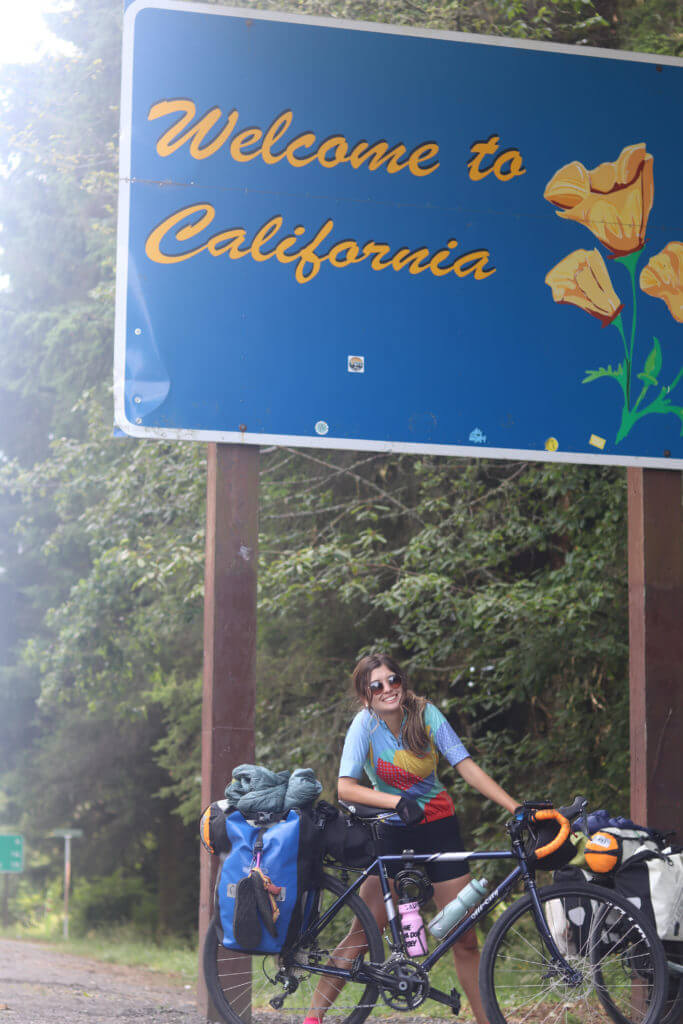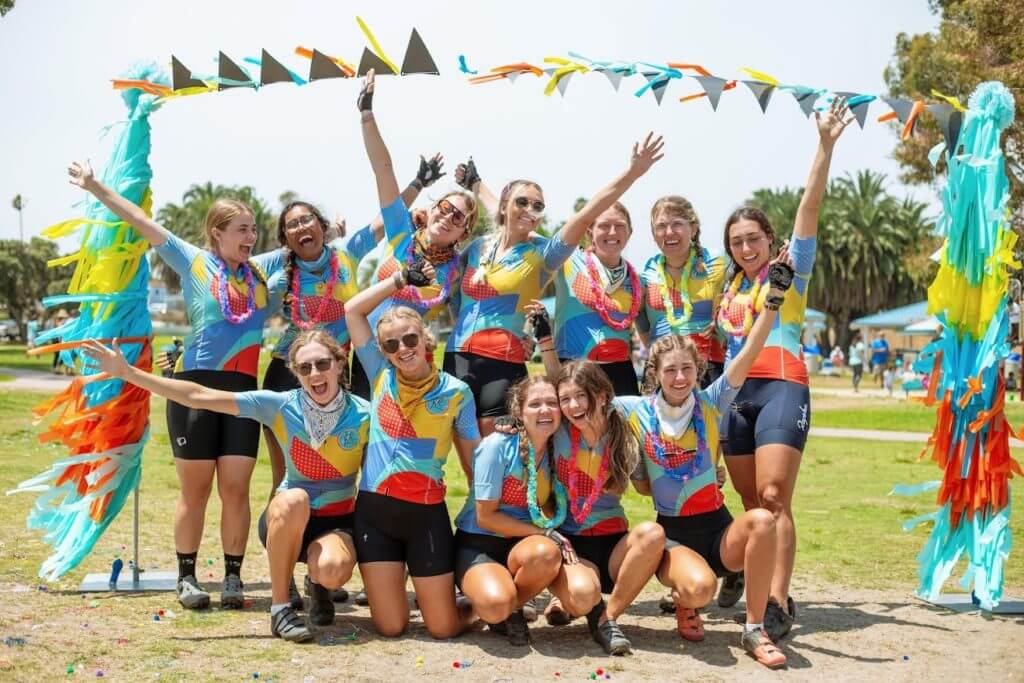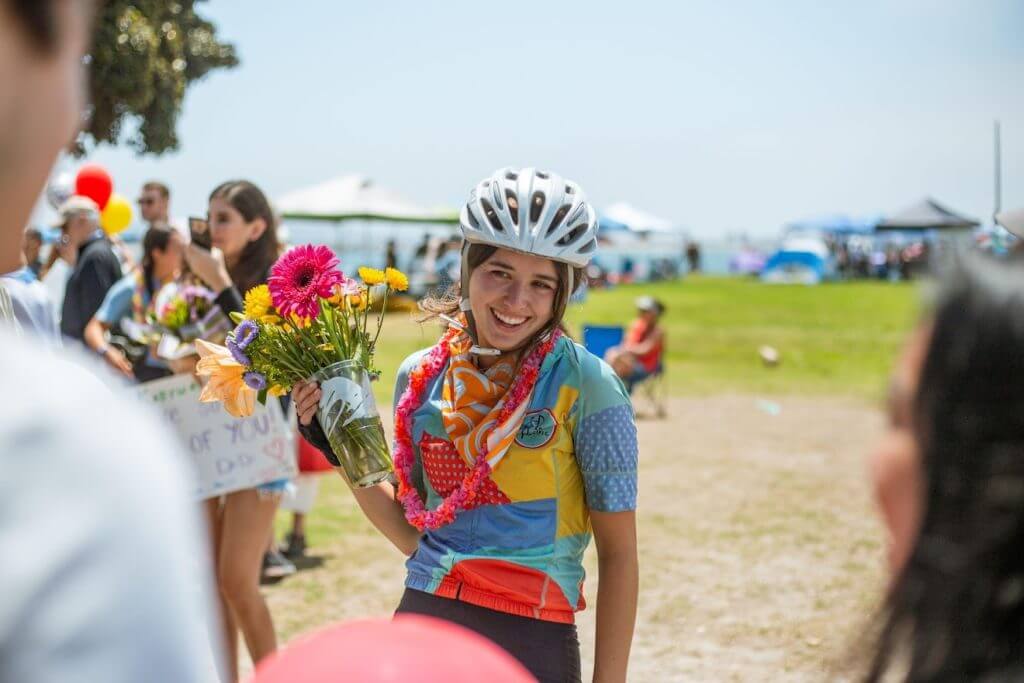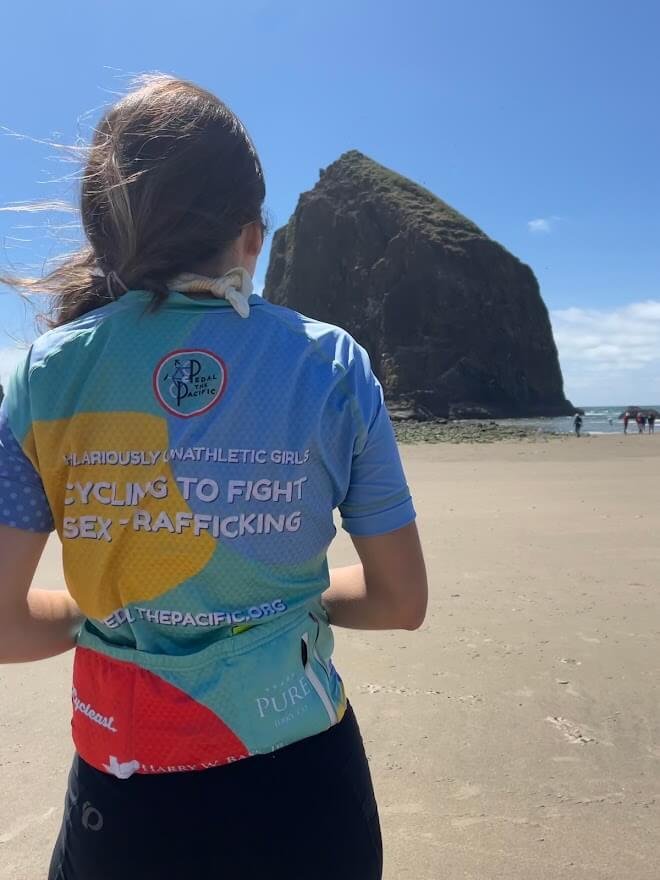

By K. Q. THOMAS, Four Points News
A mother-daughter team from Steiner Ranch is helping to fight child sex trafficking by raising awareness and money — the younger of the two rode a bicycle for 1,200 miles with Pedal the Pacific to do just that this summer.
“Society thinks this problem doesn’t happen in their own backyard,” said Karen Quintos. “I have personally met girls from Austin who have been trafficked since they were 14. We need everyone to recognize this and play a role in rescuing and helping these victims.”
Nearly 80,000 young people are victims of sex trafficking in Texas at any given time, according to a study by the National Trafficking Hotline in 2019. The young victims, all under the age of 18, are forced to take part in activities ranging from pornography to prostitution. Sex trafficking occurs in a wide variety of venues, including residential brothels, escort services, fake massage businesses, strip clubs and in the streets.

To aid in getting the word out about this issue and to raise funds to help, Karen’s daughter Carmella Quintos, 22, and 11 other women cycled from Seattle to San Diego — about 1,200 miles — over the summer.
A 2017 Vandegrift alumna, Carmella graduated from Vanderbilt University in Nashville in May 2021. She lives in Steiner with her parents Karen and Tony Quintos and has two siblings, Elle, 17, and Alex, 26. The family has lived in the Four Points area for 21 years, the last four of those in Steiner.
Carmella heard from a high school friend, Chloe Stringer, about the west coast ride, sponsored by Pedal the Pacific, a nonprofit that works to fight child sex trafficking. Since 2017, Pedal the Pacific has sent a team of roughly 10 to 15 college-aged women down the coast every summer to raise money and educate the public. Stringer did the ride in 2019. Although she is a runner, not a cyclist, she decided to do the same this year as part of a team of a dozen women.
This year’s ride ran from June 11 through July 31. Each day the team biked about 40 to 65 miles and then camped out or stayed at host homes. The goal this year was to raise $100,000. The final tally was $172,902, just slightly over $100 per mile. The funds will go to two organizations, the Refuge Ranch and the National Center for Missing and Exploited Children.
Unexpected conversations with strangers while at rest stops, restaurants and campsites were frequent and special to Carmella. “Getting to talk about ‘the why’ behind the cycling is one of the most important parts of the ride. We were able to educate and interact with hundreds of people along the ride and at moments, hear about why the cause was important to others,” she said.
“We met a woman who was personally and positively impacted by the National Center for Missing and Exploited Children. These stories reaffirmed why we were riding.”
Mom Karen mentioned another unexpected anecdote from the ride. “A bear showed up at their campsite one night at 2 a.m. because the girls forget to throw away their garbage,” she said.
“They couldn’t get the bear to leave, so they called 911 and the local police showed up and got rid of him. They then proceeded to give the girls some personal training around ‘safety’.”
The Quintos duo has volunteered in previous years to help some young victims of sex trafficing by working with the Refuge Ranch, a long-term, residential, therapeutic community for girls, ages 14 through 19 who have been recovered from sex traffickers. The Ranch, just outside of Austin, offers psychiatric services, education, medical services and a variety of programs designed for the development of a child survivor. The Refuge Ranch is the largest long-term, live-in rehabilitation facility for child survivors of sex trafficking in the United States.
“At the Refuge Ranch, our family was able to hear about the stories of hope and redemption and cutting-edge work and research being done by such a great organization,” she said. “They offer education and the ability for survivors to rediscover a life free from trafficking.”
Sex trafficking occurs in every city and it doesn’t happen in a vacuum, Carmella said. “Helping the public become more aware of the topic and how to care for the vulnerable populations — foster care youth, runaways, homeless etc.— the community will be better able to spot the signs of trafficking and work towards a safer, kinder future for our communities and cities.”


